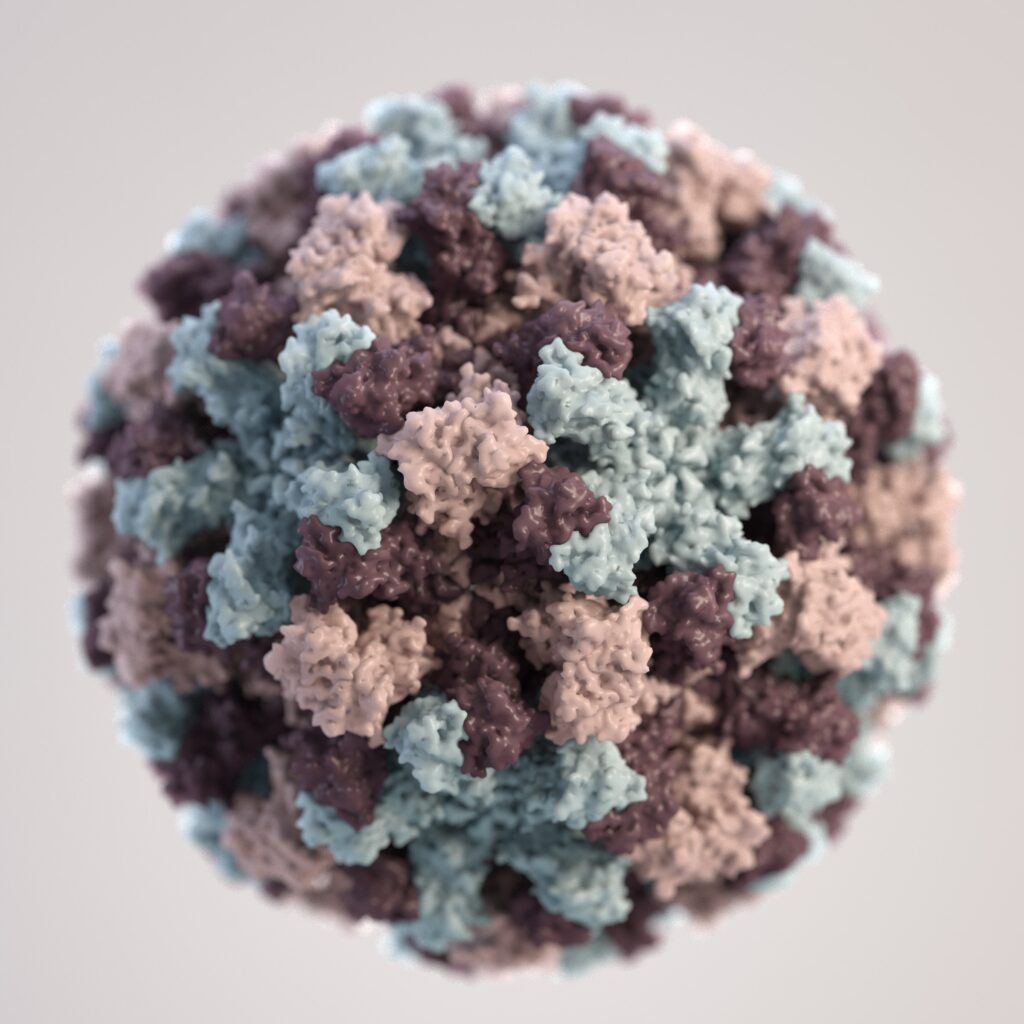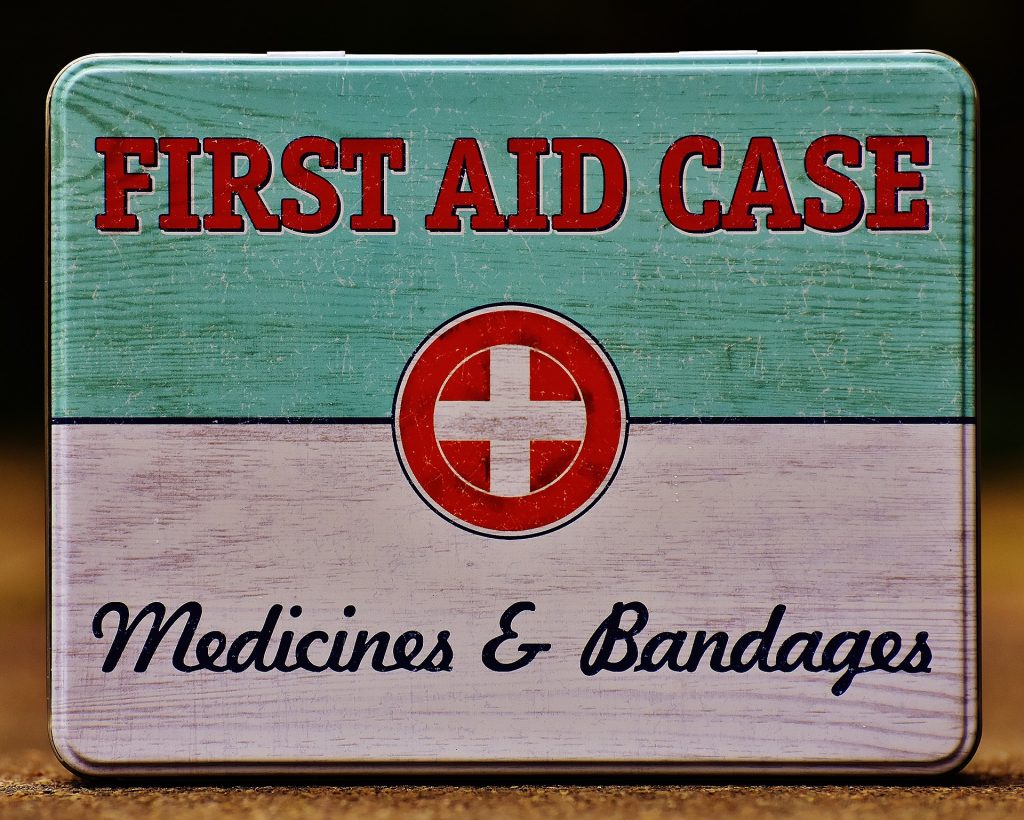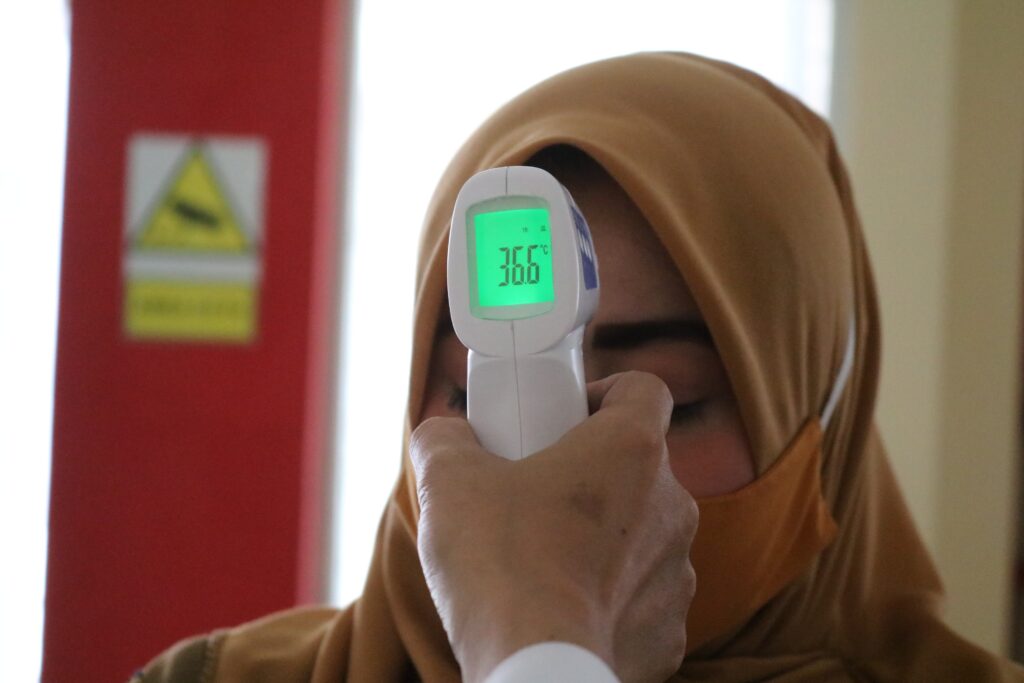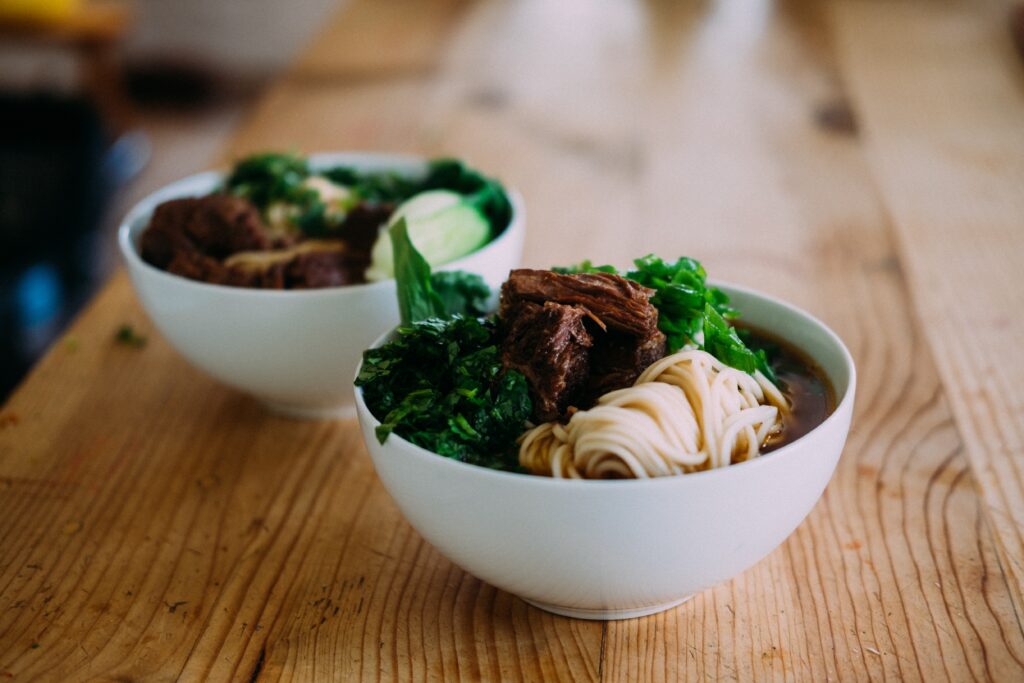Subscribe to the Newsletter
If you are interested in understanding how Traditional Chinese Medicine can improve your life sign up to my newsletter for the latest updates.

Key Learning Points
Lung Qi deficiency occurs after a bad cold or a bout of bronchitis, for example. But there are many other ways of getting this syndrome. Click here to find out more about the Lungs.
If you’ve got it, you’re usually absolutely exhausted.
People vary, of course, but if you have this syndrome, you’ll probably have at least some of the following symptoms, the main ones being in bold:

A frequent tendency to catch colds or coughs is another sign of Lung Qi deficiency. You probably take all sorts of ‘over-the-counter’ remedies and vitamins to stop yourself getting colds so often.
In Chinese medicine, your Lung Qi – energy – controls or manages your defensive energy. With Lung Qi deficiency, your defensive energy will be weak. Then you become more susceptible to exterior pathogenic factors such as the Wind and Cold.
You could have this even though you take lots of nutritional supplements, vitamins, minerals and so on. That’s because it’s not primarily a nutritional issue, but an energy – qi deficiency.
(You may like to know that your Lung channel (meridian) starts in your stomach area and connects with your large intestine, which helps to explain what we now know more about, that your gut microbiome contains maybe 80% of our immune system. So having a healthy digestion helps your lungs work better, and vice versa.)
There are a number of ways Lung Qi deficiency can happen, explained further below and on succeeding pages:

After suffering an acute respiratory illness, such as a cold, cough or bronchitis, if you are too weak to clear it or you receive the wrong treatment, it remains behind in shadow-form.
Usually, given the right circumstances, a healthy body can shake off a cold after a few days. If someone says they still have a cold they caught some weeks before, they are probably describing Lung Qi deficiency.
Nowadays our bodies have many ways to combat the symptoms of acute illnesses. These symptoms include
We have anti-inflammatories, analgesics and medicines to reduce our fevers, pain and discomfort. The thick head and blocked nose the illness gives us can be cleared with other medications. Modern medicine is powerful and wonderful.
However, the symptoms our body produces are its chosen ways to kill and banish the bug. By preventing our body’s natural defence system from working in the efficient way it has evolved, we lay ourselves to a deeper invasion by the bug, and a more lasting set of symptoms.
Why? Because the body tries to keep where it defends itself as far from the vital centre as possible. After all, if your country is being attacked, you would prefer to keep the invader at your borders rather than let him into your capital city.
When the invader gets to your capital city, he has successfully chased your defending army until their backs are to the wall. It would have been better to keep the fight far away from the centre.
That’s what you body tries to do when it puts all your symptoms in your nose and throat, your head and shoulders. These are the upper, outer, more yang-like places, where your body first joins battle.
The faster the bug achieves entry to your lungs or to your system, the harder it will be to expel.
Those first few hours or days when your body is generating symptoms, eg severe shivering and fever, intense and uncomfortable though they may be, are when it is generating the appropriate army of white blood cells to go out and demolish the invader.

Also, the fever speeds up your metabolism and weakens the opposition. After all, when the bug first gained entry, the temperature was just right for him. Raising a fever is like suddenly putting him in the middle of the Sahara on a hot day: he wilts! But your army is used to this and benefits from the heat.
If your body can produce that fever and keep it for long enough to kill the invader, you’ll recover quickly and may feel better than before.

Unfortunately, modern medicine works on the basis that symptoms are bad, so does its best to suppress them. This means that if your fever is suppressed and where your body would prefer to keep the battle – on the outside, or at least as far from the vital centre as possible – is breached, you’ll suffer the disease for longer and it will be harder to clear. When you stop your body’s natural fever-defence mechanism from working, you prevent the fever. That lets the bug pierce through your armour.
Chinese medicine describes this process of suppression as being the ‘wrong’ medicine. Antibiotics are powerful medicines, too often used for mild conditions (mild in the sense that they are localised, acute diseases with a limited time-frame – not mild in the sense that the symptoms are pleasant!).
This means that our bodies don’t completely clear the invader as their design has evolved to do. Then you get suppression and potentially a remaining pathogenic factor.
Antibiotics make it more likely you’ll get sick again, soon!There are other consequences from using antibiotics. They are efficient killing machines, and wipe out your defence forces as much as they kill the invader.
If 80% of your immune system is in the tube that starts in your mouth and ends at your rectum, the same tube where your antibiotic pills go, is it any surprise when you quickly get ill again?
One of the most important ways to boost your immune system is to avoid weakening the bugs that are on your side! And most of them are in your gut.
Antibiotics aren’t fussy! They just kill the lot, bad or good.
In Chinese medicine, the Lung acupuncture channel starts in your Stomach! In its travels it includes your throat, your large intestine, your trachea and bronchi as well as your lungs. Because it starts in your Stomach it is intimately affected by the health of your gastro-intestinal tract.
Antibiotics are beginning to fail Nowadays, we give antibiotics to animals to prevent illness and to boost productivity. When we eat those animals, we ingest some of those antibiotics: not good for our immune systems!
Also, for many years we’ve used antibiotics as a first line of defence. The bad bugs have learned how to cope with them and now antibiotics have stopped working in many serious illnesses.
So we are getting back to where we were before antibiotics were discovered. In fact we are worse off, because many of us have lost effective resistance to the bugs and because through intensive farming the food we eat is not as nutritious as it used to be.
And now the bugs are more ferocious and there are lots more of them.
What’s more, according to a report in the New Scientist (17 Aug 2019 – page 14), other drugs also encourage gene swapping between antibiotic-resistant bacteria. That means they boost the bacterias’ resistance to antibiotics. (Research led by Yue Wang at the University of Queensland in Australia.)
Such drugs include “ibuprofen, naproxen, diclofenac, the lipid-lowering drug gemfibrozil, the beta-blocer propranolol and iopromide, used to produce better X-ray images.” |
But even painkillers and other medications should, ideally, be avoided in non-serious acute illnesses.

If possible, welcome a fever! If your body can mount an effective fever, your cold will go much faster.
For more about antibiotics and how to help your body cope without needing them, click on antibiotics.
For a supplement that the author of this site uses and to which he attributes not getting a cold for seven years, click here.

Stay in Touch!
No spam, only notifications about new articles and updates.

Book a Video consultation if you want to know more about your symptoms
The following are for Lung Qi deficiency, for example, after a cold:

Click to read about acupuncture points along the Lung channel.

Why You get Nervous Stomach Anxiety and How to Handle It. Acupuncture has great ways to help.
Subscribe to the Newsletter
If you are interested in understanding how Traditional Chinese Medicine can improve your life sign up to my newsletter for the latest updates.
Subscribe to the Newsletter
If you are interested in understanding how Traditional Chinese Medicine can improve your life sign up to my newsletter for the latest updates.